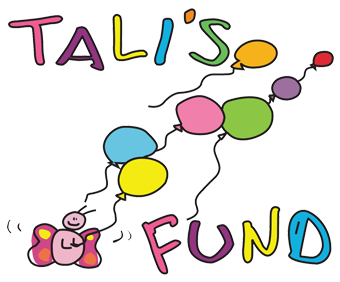Losing a loved one, especially a child, is a heartbreaking and unimaginable experience. Grief can be all-encompassing, affecting our emotional, physical, and mental well-being. While there is no one-size-fits-all approach to navigating the complex journey of grief, there are alternative paths to healing that offer comfort, solace, and hope during the darkest times. One such path is music therapy. In this blog, we will explore how music therapy can be a powerful tool in helping individuals cope with grief and find a way to heal and move forward.
The Healing Power of Music
Music has the extraordinary ability to convey and evoke deep emotions, making it a powerful medium for processing grief. The profound connection we share with music enables it to serve as an avenue for self-expression, comfort, and even healing.
Understanding Music Therapy
Music therapy is a well-established and evidence-based approach to healing that employs the therapeutic qualities of music to address emotional, cognitive, and physical needs. In the context of grief, music therapy offers a structured environment for individuals to engage with their emotions, find meaning in their experiences, and ultimately begin the healing process.
Curating Your Playlist
One of the simplest ways to use music as a therapeutic tool is by creating a playlist that resonates with your feelings. Curating your playlist is a profoundly personal and healing journey. It is about selecting melodies that reach deep into your soul, melodies that act as mirrors to your emotions. These songs may carry the memories of your loved one, bringing them to life through each note and lyric. You can choose tracks that stir the feelings you long to express, like sorrow, nostalgia, or even moments of joy shared with your loved one. The power of your playlist lies in its immediacy; it’s a therapeutic embrace at your fingertips, a musical companion that understands you during moments of intense grief.
Journaling and Songwriting
Journaling and songwriting are potent forms of emotional expression, accessible to everyone regardless of their musical expertise. Pouring your heart onto paper, whether as personal reflections or crafting lyrics, is profoundly cathartic. Through this creative process, you can give voice to the complex array of emotions that grief carries. It’s not about being a professional songwriter; it’s about transforming your experiences and feelings into a song that is uniquely yours. These songs become a tribute, a lyrical memorial to your loved one, a living testament to the love and memories you shared.
Guided Meditation
Combining music with guided meditation can be a powerful way to process grief. Many guided meditation sessions are designed to help individuals find inner peace, healing, and understanding through music and visualization.
Music Therapy’s Impact on Grief
Numerous studies have highlighted the profound benefits of music therapy on grief:
- Emotional Expression: Music therapy helps individuals express complex emotions related to grief in ways that words alone cannot.
- Stress Reduction: Engaging with music can lower stress and anxiety, offering moments of relaxation and relief during intense periods of grief.
- Enhanced Emotional Well-Being: Music therapy has been linked to improved mood, moments of joy, and the ability to find comfort and connection with one’s lost loved one.
The advantages of music therapy in the context of grief are manifold. It provides a haven for expression when words prove inadequate. It offers a channel for introspection, helping you uncover emotions hidden beneath the surface. More than anything, it reminds you that you’re not alone; music becomes a silent companion, offering solace in your darkest hours.
In conclusion, while grief is a journey that must be traversed individually, it’s comforting to know that there are alternative paths to healing. Music therapy stands as a testament to the remarkable resilience of the human spirit—a bridge between the pain of loss and the potential for renewal. In times of profound sorrow, music’s gentle embrace can guide you toward understanding and hope, helping you find the strength to move forward on your unique path of healing.
Resource Links:
